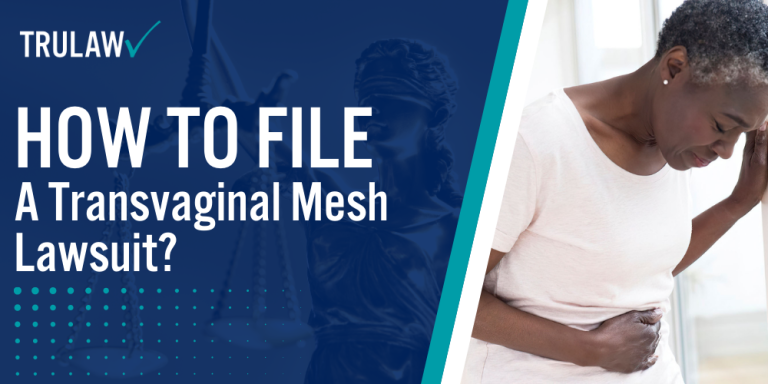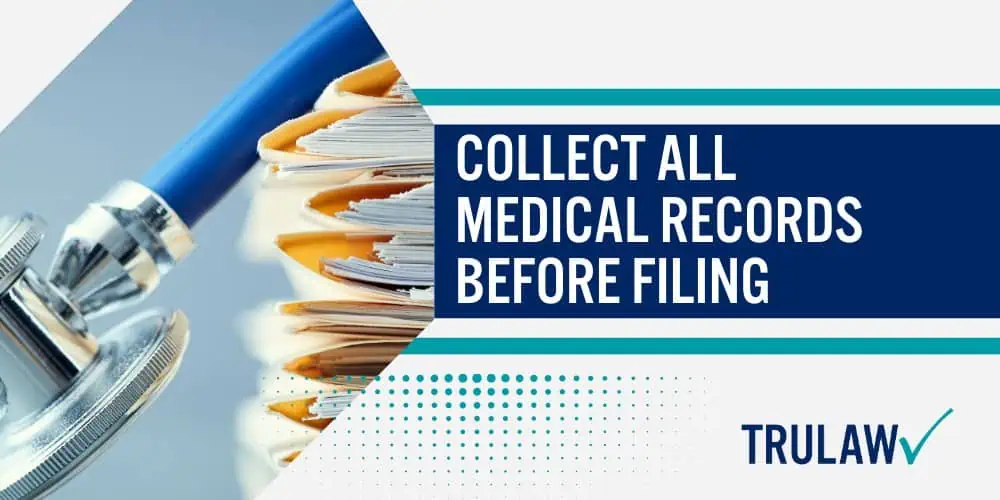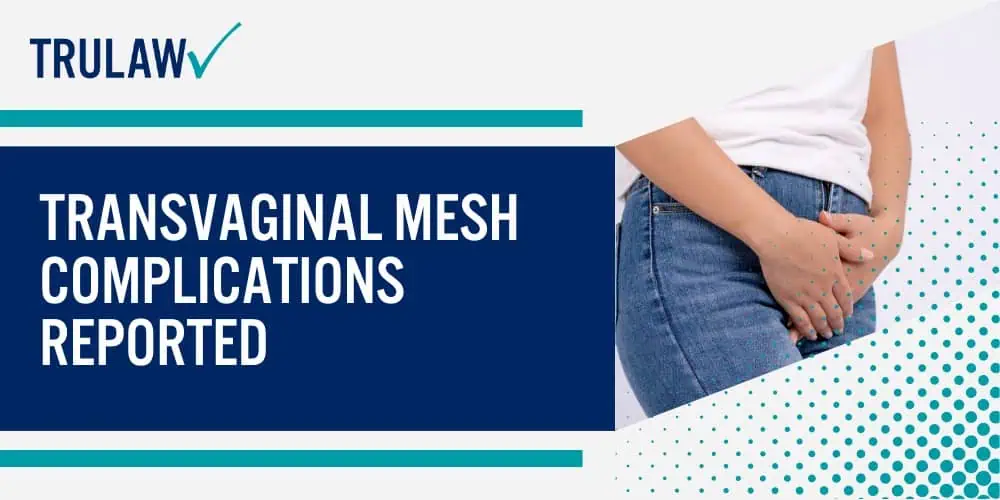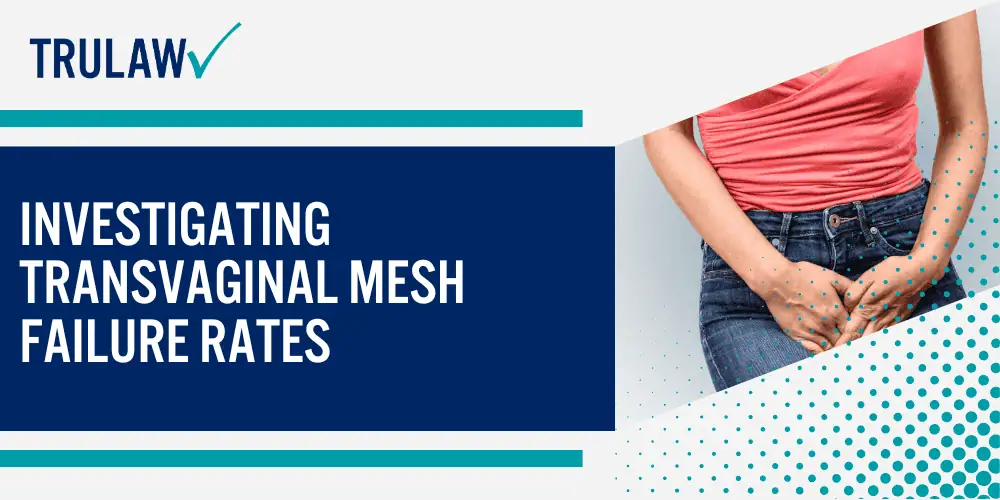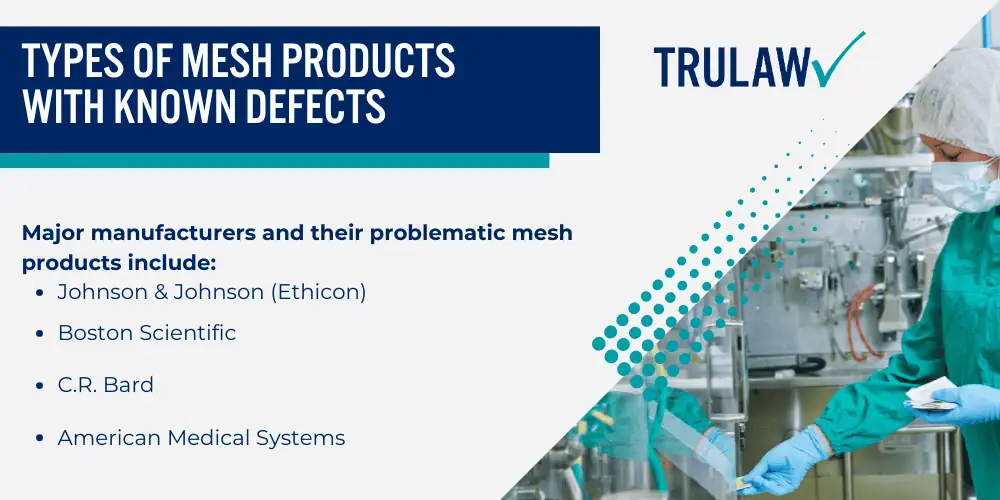Transvaginal mesh complications have affected thousands of women across the United States, leading to numerous lawsuits against medical device manufacturers.
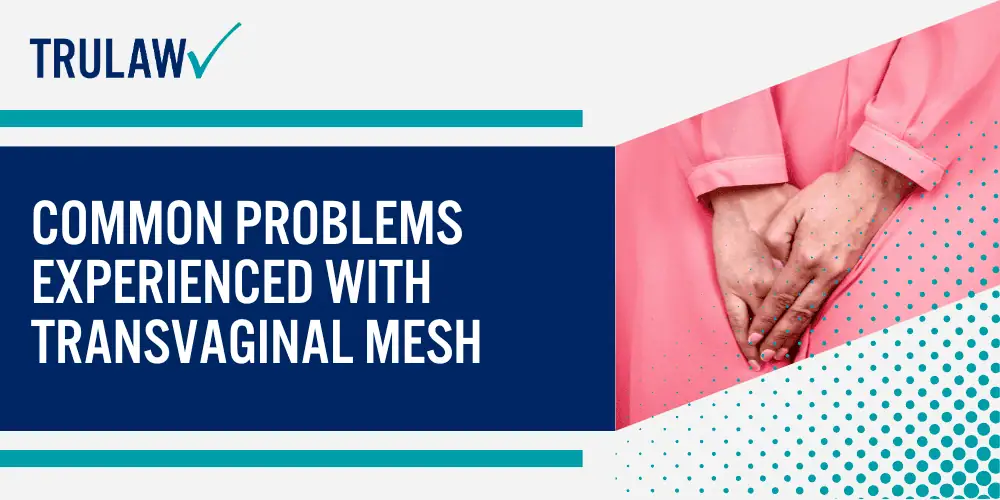
These surgical mesh implants, originally designed to treat pelvic organ prolapse (POP) and stress urinary incontinence (SUI), have been associated with severe complications that can significantly impact quality of life.
Women’s Stories: Life Changes After Mesh Surgery
The impact of transvaginal mesh complications extends far beyond physical symptoms, affecting every aspect of women’s daily lives.
Many survivors have courageously shared their experiences to help others understand the profound changes they’ve endured.
Common experiences reported by women affected by mesh complications include:
- Chronic Pain and Discomfort: – Women report persistent pelvic pain that interferes with basic activities like sitting, walking, or standing. This constant discomfort often prevents them from maintaining regular employment or enjoying family activities.
- Intimate Relationship Changes: – Many women experience severe pain during intimate relations, leading to relationship strain and emotional distress. Some relationships have ended due to the physical and emotional toll of mesh complications.
- Multiple Corrective Surgeries: – Numerous women have undergone multiple revision surgeries attempting to remove damaged mesh and repair tissue, each procedure carrying its own risks and recovery period.
- Mental Health Impact: – The chronic nature of mesh complications has led to depression, anxiety, and loss of self-esteem for many women, requiring ongoing psychological support and counseling.
These personal accounts highlight the long-lasting impact of mesh complications and underscore the importance of legal advocacy for affected individuals.
Seeking Compensation for Physical & Emotional Damage
The pursuit of compensation through transvaginal mesh lawsuits aims to address both tangible and intangible damages suffered by affected women.
Types of damages commonly sought in transvaginal mesh cases:
- Medical Expenses: – Coverage for past and future medical procedures, including mesh removal surgeries, reconstructive procedures, and ongoing treatment for complications. This often includes costs for pain management, physical therapy, and psychological counseling.
- Lost Income and Earning Capacity: – Compensation for work missed due to medical procedures, recovery time, and ongoing complications. This may include projected future income losses if the condition prevents a return to previous employment.
- Pain and Suffering: – Monetary awards for physical pain, emotional distress, and reduced quality of life resulting from mesh complications. Courts consider both past and ongoing suffering when determining compensation.
- Loss of Consortium: – Recognition of the impact on marital relationships, including the loss of companionship and intimate relations due to mesh complications.
The compensation process involves careful documentation of all damages and working with experienced attorneys who understand the complexities of medical device litigation.
